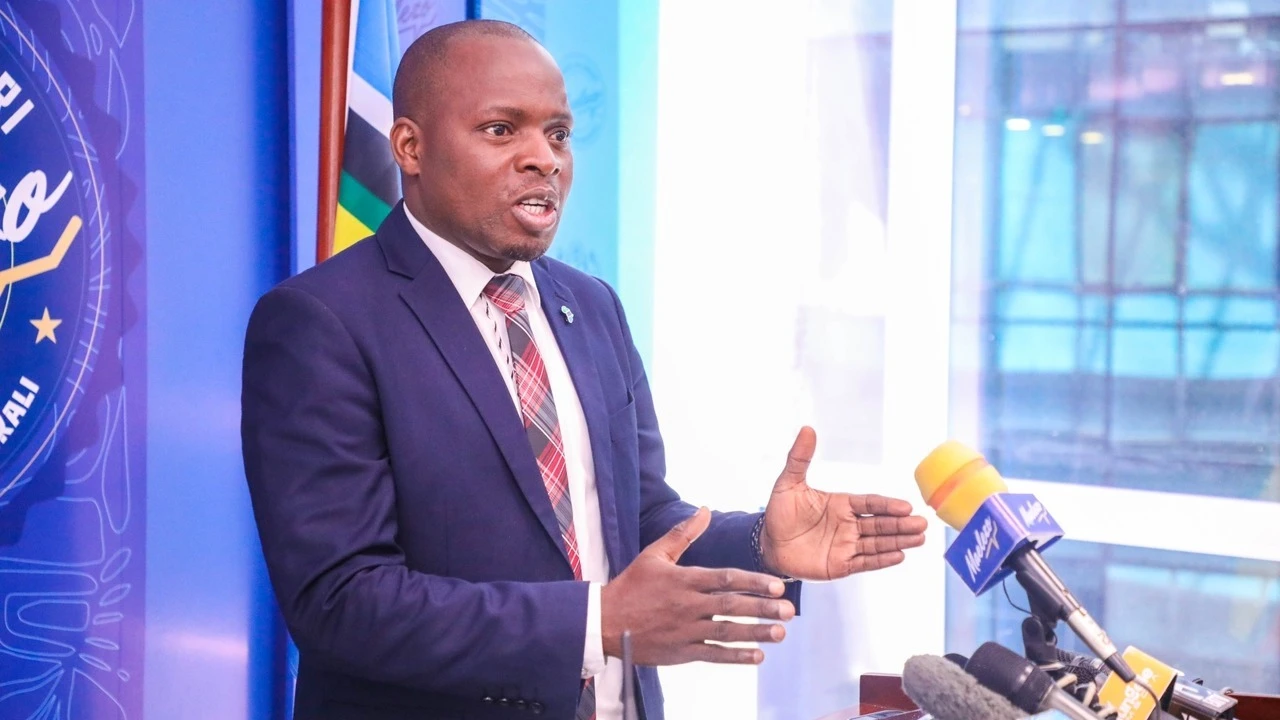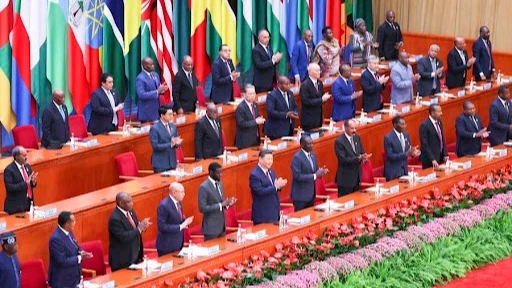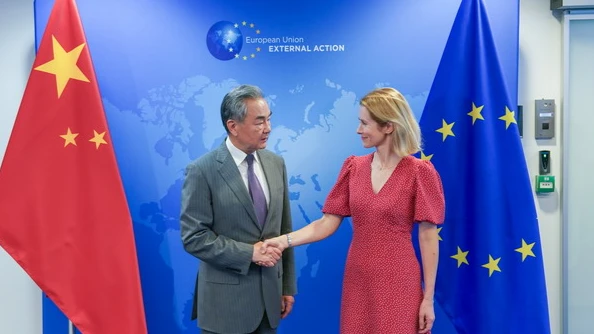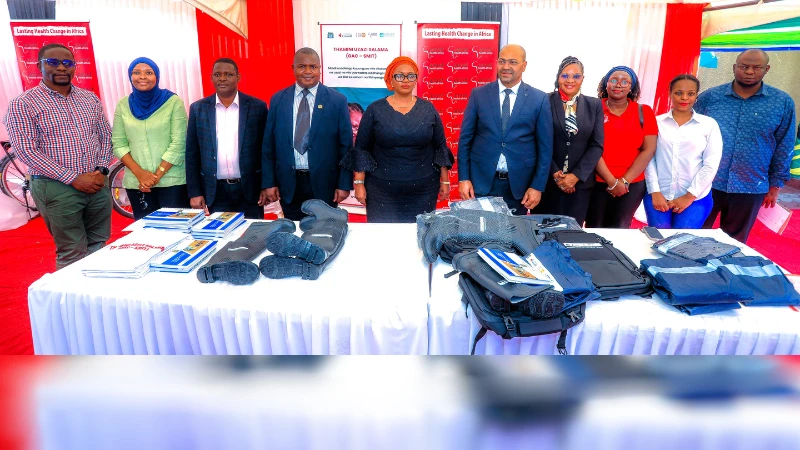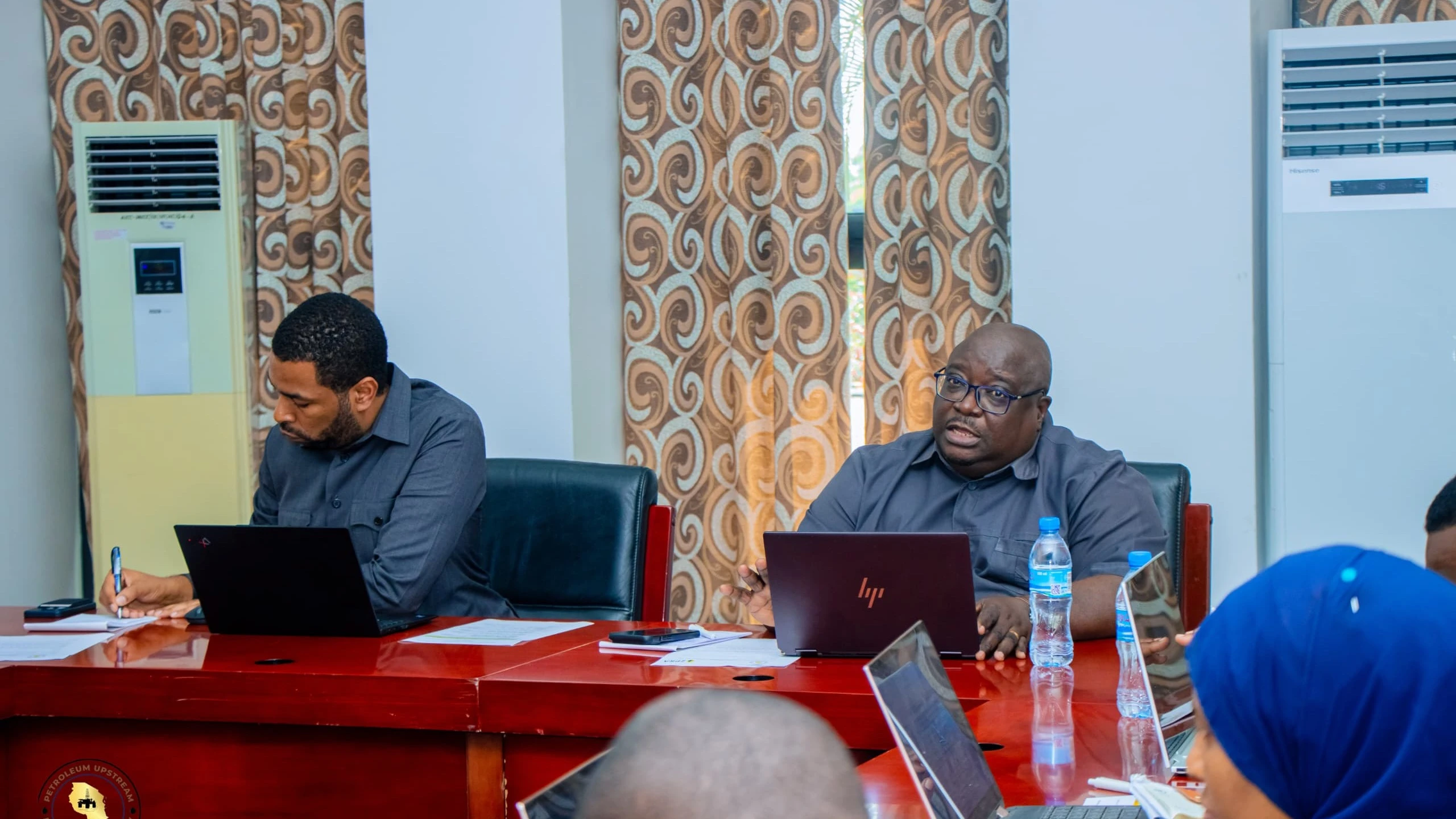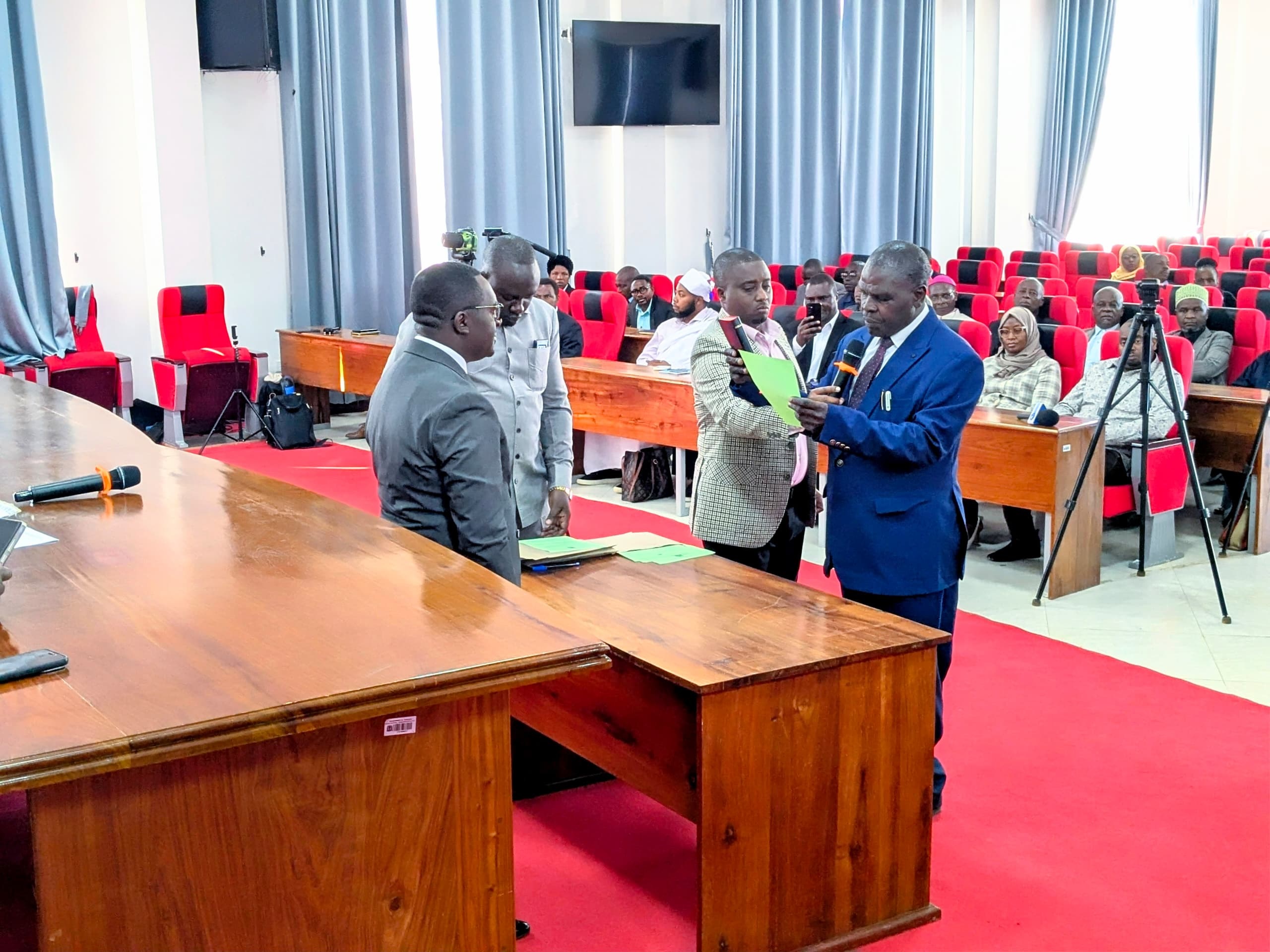Clean Cooking is Not a Luxury—It’s a Right

The sun rose slowly over Kibaha that morning, casting a soft glow across the open compound where school administrators, health officers, and community leaders had quietly assembled.
There were no television cameras, no blaring anthems—just a shared concern that had finally come to a boil: How much longer can we cook with smoke?
At the heart of this gathering was Taifa Gas Tanzania Limited, the country’s leading supplier of liquefied petroleum gas (LPG).
But this was no sales pitch. It was a mission. A conversation about change—about turning the tide on toxic fuels that still dominate our kitchens and institutional cookhouses.
Through its Clean Cooking and LPG Adoption program, Taifa Gas has been going far beyond the boardroom—into villages, clinics, schools, and district halls. In Pwani Region, they aren’t just distributing brochures.
They’re asking bold, uncomfortable questions: Why, in 2025, are we still burning trees to boil water for children’s porridge?
The answers are familiar—and sobering. Tradition. Budget. Lack of information. Confusion.
A government directive now requires institutions serving more than 100 people to adopt clean cooking methods. But many, especially in rural areas, didn’t get the memo—or didn’t know how to act on it.
That’s where Taifa Gas comes in. Not just as a supplier, but as a guide. A partner.
Leading this outreach is Angellah Bhoke, a woman with both business savvy and a sense of moral urgency. Standing before the audience in Kibaha, she didn’t mince words:
“We continue to share information and conduct campaigns aimed at sensitizing the public about the need to transit to clean energy—for the sake of our health.”
But this isn’t just a health crisis. It’s an environmental one. It’s an economic one. It’s about the dignity of cooks laboring for hours in soot-filled rooms.
It’s about the forests vanishing before our eyes. It’s about our children, breathing in danger with every school lunch.
Ms. Bhoke’s message went further:
“Making sure that people, particularly those in institutions, are informed and supported during this energy transition is part of our company’s social duty, "
What Taifa Gas offers is not just gas cylinders. It’s a pathway. They provide site inspections, installation support, safety training, and customized supply plans—taking policy off the page and into real-life kitchens. They understand that mandates without mechanisms are just words.
For many administrators in Kibaha, the meeting was a revelation. Some had thought the clean cooking directive was still being debated. Others didn’t know where to begin. But here, finally, was clarity. Here was help.
And it couldn’t come at a better time.
Cooking with charcoal and firewood in enclosed spaces causes respiratory disease, eye infections, and long-term health complications—particularly for women and children.
The black smoke clings to ceilings and lungs alike. And outside, Tanzania’s forests are paying the price.
LPG, by contrast, burns clean. It’s efficient. It’s safer. It gives time back to cooks, money back to institutions, and air back to our children.
Taifa Gas is not alone in this effort, but it has become a symbol of what private-sector leadership looks like when aligned with public interest. This is more than a campaign. It’s a national turning point.
As Bhoke declared, “Clean cooking is not a luxury—it is a right. And it’s time we made it accessible to all Tanzanians.”
Indeed. Energy equity means clean fuel in every dormitory, every health center, every boarding school—not just in the cities, not just for the wealthy. This is how we build a resilient, inclusive, and healthier Tanzania.
The journey doesn’t start in conference halls. It begins where the firewood is stacked, where smoke stains the walls, and where a cook’s cough tells a story. It begins in places like Kibaha.
That morning wasn’t just a training. It was a spark. A reminder that true transformation comes when knowledge meets will—and when the private sector shows up not just to profit, but to partner.
Let the firewood rest. Let the smoke clear. And let the future of cooking in Tanzania burn clean, for everyone.
Top Headlines
© 2025 IPPMEDIA.COM. ALL RIGHTS RESERVED











